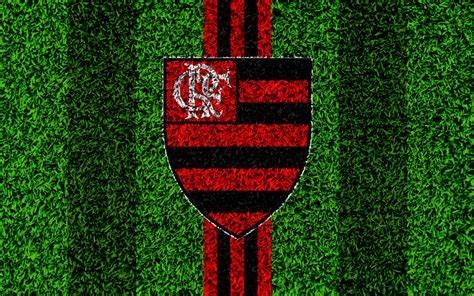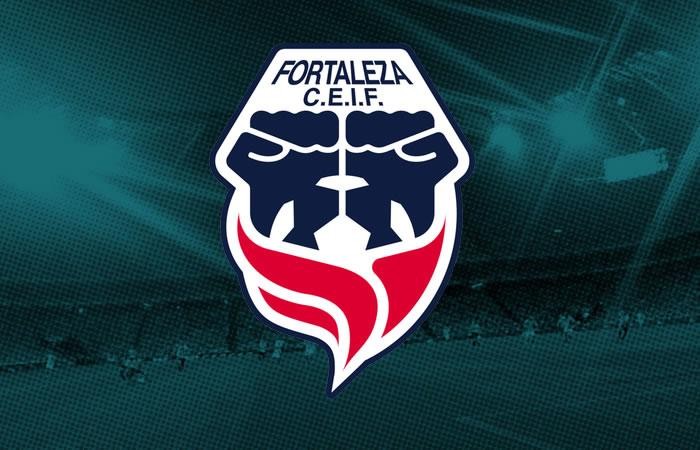Brazilian football is renowned worldwide for its flair, skill, and passion. The Brazilian Serie A, also known as Campeonato Brasileiro Serie A, is the highest level of professional football in the country. In this article, we will delve into the history of the league, its current teams, and some of its most iconic players.
History of the Brazilian Serie A
The Brazilian Serie A, formerly known as Taça Brasil, has a rich history that dates back to 1959. As one of the oldest football leagues in the world, it has undergone various transformations to become the competitive and entertaining league that we know today.
From Taça Brasil to Brazilian Serie A
In the early years of the league, only 16 teams competed in the Taça Brasil. However, the league has expanded over the years, and now 20 teams battle it out for the championship each season.
One significant change that occurred in the league’s early years was the introduction of the playoff system. This system allowed teams to advance to the next round based on a knockout format, creating a more intense and exciting competition.
The Benefits of Round-Robin Format in Brazilian Serie A Football
The Brazilian Serie A is one of the most popular football leagues in the world, featuring some of the best teams and players in South America. In 2003, the league made a significant change by adopting the round-robin format, which has had a profound impact on the way the league is played and perceived. In this article, we’ll discuss the benefits of the round-robin format in the Brazilian Serie A and why it has become so successful.
What is the Round-Robin Format?
The round-robin format is a scheduling system where all teams play each other an equal number of times, typically twice, in a home and away format. The system ensures that each team competes against every other team, providing a fair and balanced competition. This format has been widely adopted in different sports, including football, basketball, and tennis, among others.
The Adoption of Round-Robin Format in Brazilian Serie A
Before 2003, the Brazilian Serie A used a system where teams played each other only once, either at home or away. This system was criticized for being unfair, as some teams would play easier opponents, while others would face tougher opponents. Additionally, luck and chance could play a significant role in determining the final standings, as teams may have avoided playing stronger opponents.
In 2003, the Brazilian Serie A adopted the round-robin format, which ensured that each team played every other team twice, at home and away. This change increased the number of matches played per season, from 22 to 46, and helped to reduce the impact of luck and chance in the final standings. The system ensured that the most consistent teams, rather than the lucky ones, finished at the top of the league.
Benefits of Round-Robin Format in Brazilian Serie A
The round-robin format has had several benefits for the Brazilian Serie A, including:
- Fairness: The round-robin format ensures that each team plays every other team twice, providing a fair and balanced competition. No team can claim an unfair advantage, as they all play the same number of matches against the same opponents.
- Consistency: The round-robin format rewards consistent performance, rather than luck or chance. A team that performs well throughout the season, against all opponents, is more likely to finish higher in the standings than a team that benefits from a few lucky wins.
- Excitement: The round-robin format has increased the number of matches played per season, providing more opportunities for fans to watch their favorite teams and players in action. The system has also increased the level of competition, as every match is crucial in determining the final standings.
- Revenue: The round-robin format has increased the revenue generated by the Brazilian Serie A, as more matches mean more opportunities for advertising, merchandising, and broadcasting. The increased level of competition has also attracted more fans to the stadiums, generating higher ticket sales.
The Future of Brazilian Serie A
The Brazilian Serie A has been a thrilling football tournament for decades, producing some of the best talents in the sport. However, with the introduction of technological advancements, the future of this league looks even brighter. One of the most notable advancements that the league has embraced is the use of the Video Assistant Referee (VAR) system.
VAR: Revolutionizing the Brazilian Serie A
The VAR system has been widely used in other major football leagues worldwide and has proven to be a game-changer. It has significantly reduced the number of controversial decisions made by referees during matches, leading to a fairer and more exciting game.
In the Brazilian Serie A, VAR was first introduced in 2019, and since then, it has been a significant development in the league. With VAR, referees can review crucial decisions, such as goals, penalties, and red cards, before making a final ruling. This has significantly reduced errors in refereeing, which have often been a source of frustration for both fans and players.
The Future of Brazilian Serie A: Implementing More Technological Advancements
While the VAR system has already made a significant impact on the Brazilian Serie A, there is more room for improvement. The league’s governing body can implement more technological advancements to enhance the football experience for fans and players.
One of the areas that can benefit from technology is the ticketing system. Brazilian football fans are known for their passion and loyalty, and with a better ticketing system, they can have a more convenient and secure way of purchasing tickets to support their favorite teams.
Another area that can benefit from technology is the analysis of player performance. The use of player tracking technology can help coaches and managers make better decisions and improve their players’ performance. This can also benefit players by providing them with data-driven insights that can help them improve their game.
Furthermore, implementing more advanced broadcasting technology can also improve the football experience for fans. With better camera angles, replays, and commentary, fans can have a more immersive experience and feel like they are at the stadium even if they are watching from home.
The Future is Bright for the Brazilian Serie A
The Brazilian Serie A has come a long way, and with the implementation of more technological advancements, its future looks even brighter. The VAR system has already made a significant impact on the league, leading to a fairer and more exciting game. With the implementation of more technological advancements, such as a better ticketing system, player performance analysis, and broadcasting technology, fans and players alike can look forward to a more thrilling and engaging football experience.
Current Teams
The Brazilian Serie A is home to some of the most competitive football teams in the world, and with 20 teams vying for the top spot, there’s never a dull moment. From storied clubs with a rich history to up-and-coming teams looking to make their mark, there’s something for every football fan in this exciting league.
Let’s take a closer look at the current teams competing in the Brazilian Serie A, their history, and their chances of success in the upcoming season.
The Top Contenders
Some teams have consistently performed well in the Brazilian Serie A, with multiple titles and a legacy of producing top-quality players. These clubs are often the ones to watch each season, with fans eager to see if they can continue their winning streak.
Flamengo

Flamengo is one of the most successful clubs in Brazilian football history, with seven Serie A titles to their name. They’ve also won the Copa Libertadores twice, making them one of the most decorated clubs in South America. With star players like Gabriel Barbosa and Bruno Henrique leading the way, Flamengo is always a contender for the title.
Corinthians
Corinthians is another team with a long and storied history, having won the Serie A seven times and the Copa Libertadores twice. They’re known for their passionate fanbase and their fierce rivalry with Palmeiras. While they haven’t been as dominant in recent seasons, they’re still a team to be reckoned with.
Palmeiras

Palmeiras is one of the most successful clubs in Brazilian football, with ten Serie A titles to their name. They’ve also won the Copa Libertadores twice and the FIFA Club World Cup once. Known for their strong defense and disciplined play, Palmeiras is always a tough opponent for any team.
The Challengers
While some teams have a strong history of success, others are still working to establish themselves as major contenders in the Brazilian Serie A. These teams may not have as many titles to their name, but they’re still capable of putting up a fight and surprising their opponents.
Red Bull Bragantino
Red Bull Bragantino is a relatively new team, having been founded in 2019. However, they’ve already made a name for themselves by winning the Serie B in 2019 and finishing in the top ten in their first season in the Serie A. With a talented squad led by striker Ytalo, they’re a team to watch in the coming years.
Fortaleza

Fortaleza is a club with a passionate fanbase and a strong sense of identity. They’ve won the Serie B once and have consistently finished in the top half of the Serie A in recent seasons. With veteran striker Wellington Paulista leading the way, they’ll be looking to make a push for a top-four finish this season.
Ceara
Ceara is another team with a dedicated fanbase and a history of success in the lower divisions. They’ve won the Serie B twice and have established themselves as a mid-table team in the Serie A. With young talents like midfielder Vina and forward Cleber leading the way, they’ll be hoping to push for a top-eight finish this season.
Iconic Players
The Brazilian Serie A has produced some of the greatest footballers of all time, including Pele, Ronaldo, and Ronaldinho. These players have not only dominated the domestic league but have also excelled on the international stage, winning several World Cups for Brazil.
In recent years, players like Neymar, Gabriel Jesus, and Vinicius Junior have emerged as the future of Brazilian football. These players have already made a significant impact on the league and are expected to achieve great success in the years to come.














